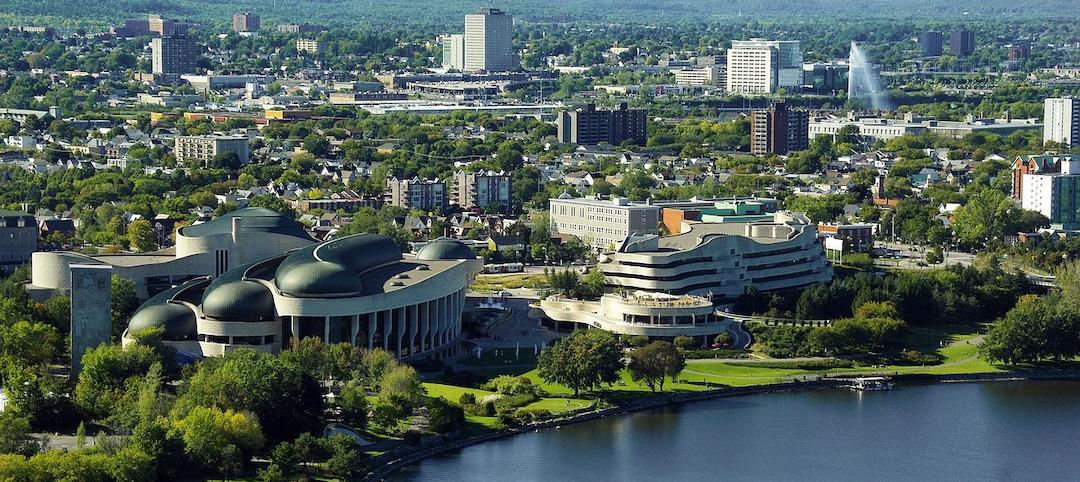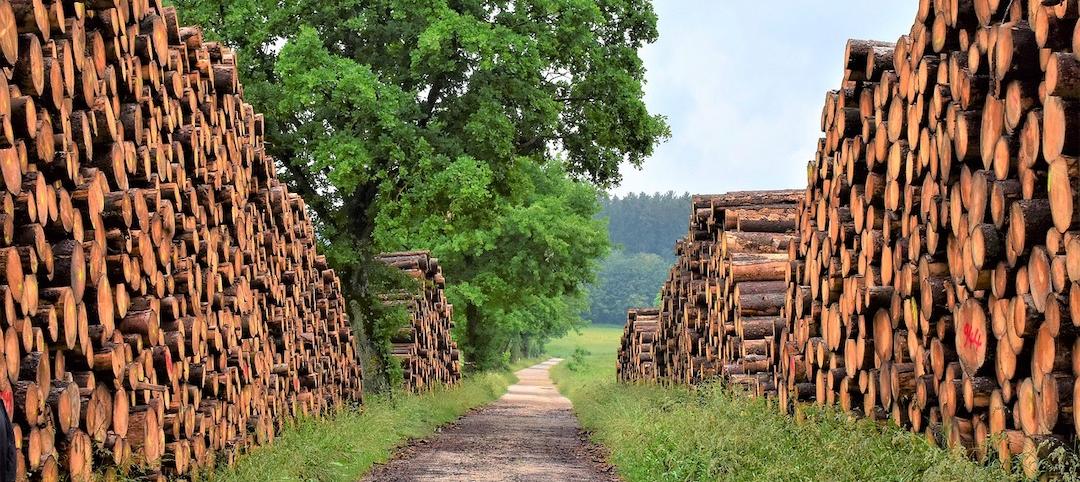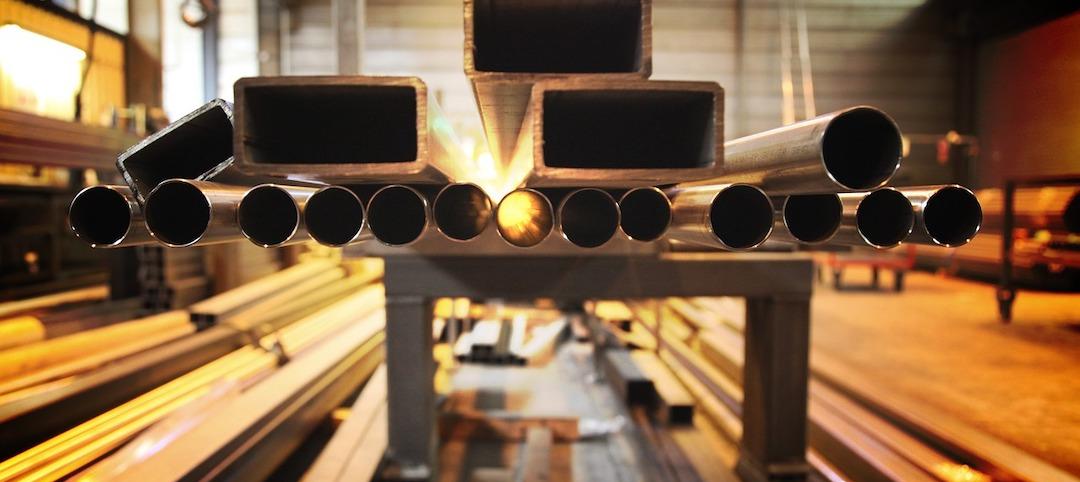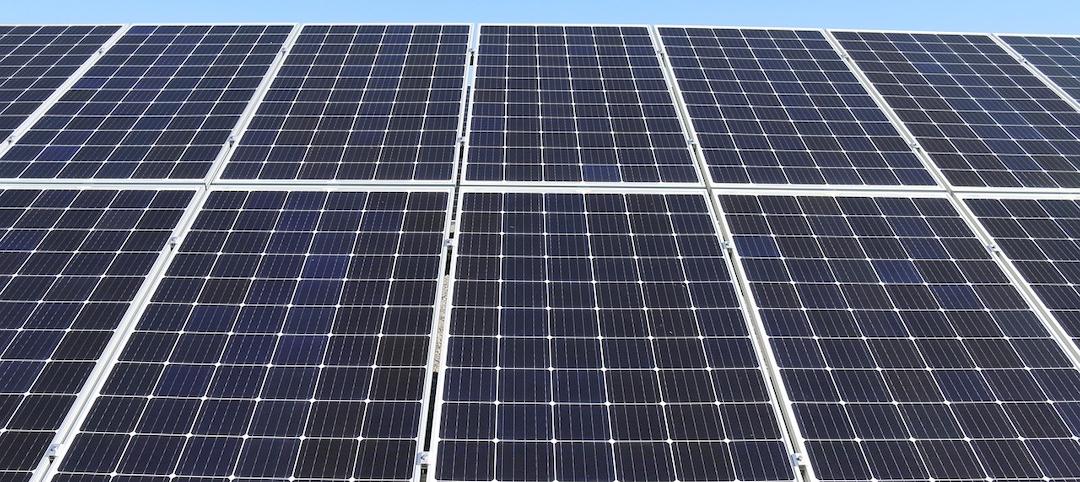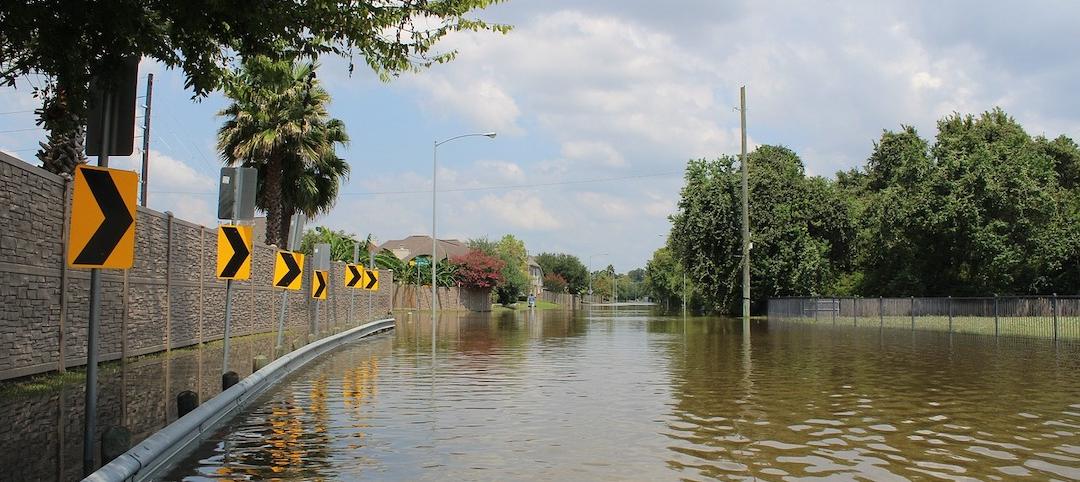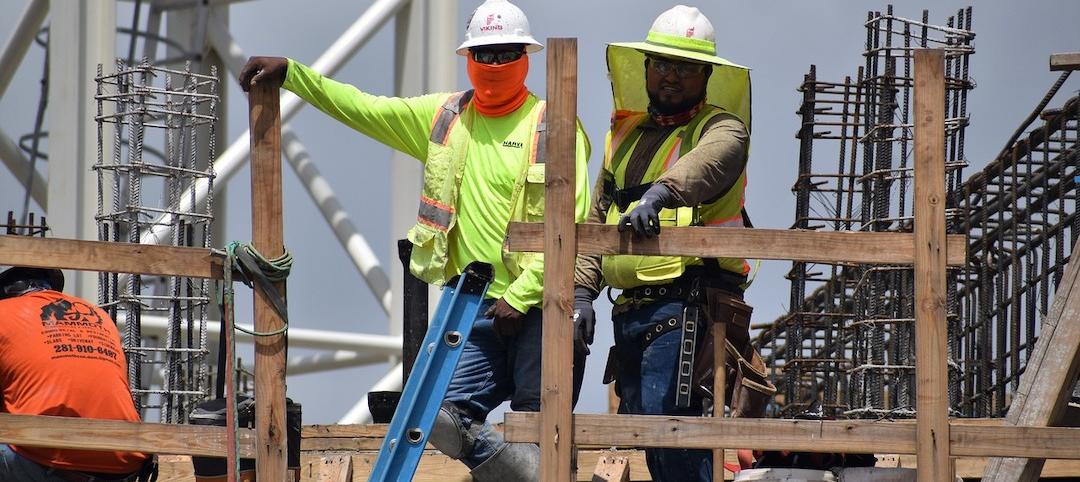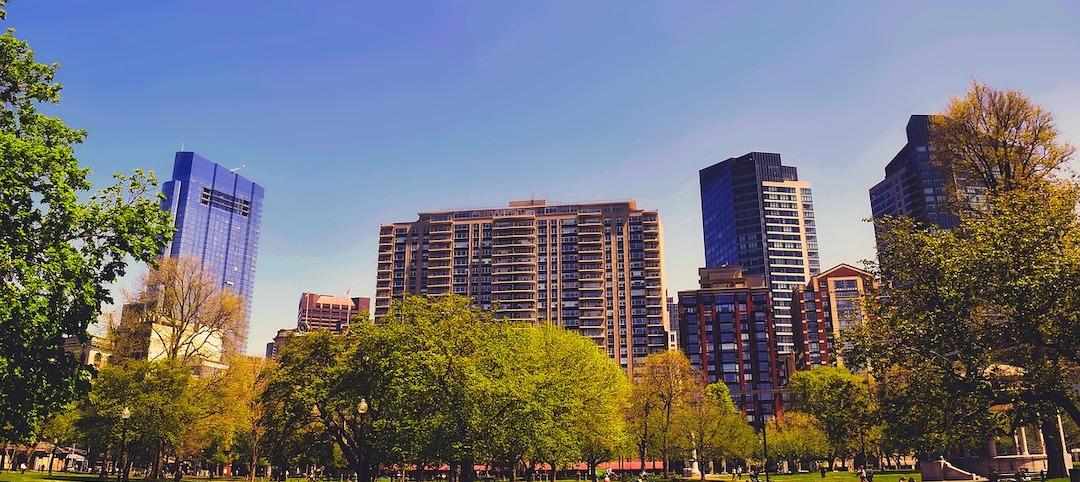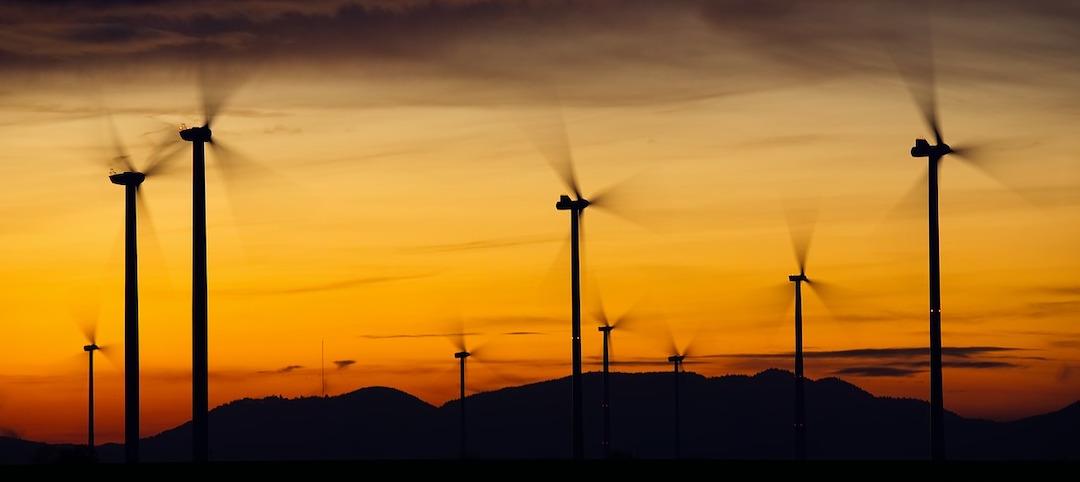In order to keep the global temperature from rising above pre-industrial levels by 2°C, all the world’s buildings must reach net zero carbon by 2050, according to a report by the World Green Building Council.
Keeping the global temperature increase below 2°C would avert the most serious consequences of climate change, scientists believe, and that goal is in line with the Paris Agreement on climate change. All new buildings must operate at net zero carbon by 2030, and all existing buildings must be renovated to operate at net zero carbon by 2050, the report says.
The building and construction sector is responsible for around 30% of global energy consumption and associated greenhouse gas (GHG) emissions. The WGBC estimates that only 500 net zero commercial buildings and several thousand net zero residential units currently exist in the world.
Thus, there is a need for several billion net zero buildings worldwide, the report says. The report also finds that net zero buildings can create jobs, improve energy security, and lower energy costs.
Related Stories
Codes and Standards | Jan 19, 2022
Canada’s Trudeau seeking building codes changes, net-zero emissions building strategy
Prime minister also wants net-zero electricity grid by 2035.
Codes and Standards | Jan 18, 2022
Greater emphasis on building materials needed to achieve net-zero carbon offices
Engineered wood, straw, and bamboo can be keys to achieving goal.
Codes and Standards | Jan 17, 2022
AISC seeks comments on draft earthquake standard for steel buildings
Includes new limits for cross-sectional slenderness of steel columns based on latest research.
Codes and Standards | Jan 12, 2022
California’s wildfire building code significantly reduces structural loss
As other states consider upgrading their codes, Golden State provides useful model.
Codes and Standards | Jan 12, 2022
Regulator holding back climate-friendly, energy-saving equipment deployment, critics say
Heat pumps, solar power could be made more accessible for low-income communities in Massachusetts.
Codes and Standards | Jan 11, 2022
Cost hikes drive nearly one million renters out of homeownership qualification in 2021
Household income needed to pay a mortgage rose to $62,872 from $55,186.
Codes and Standards | Jan 10, 2022
New ratings services focus on climate risk for homeowners
Efficacy of models used in risk assessment varies.
Codes and Standards | Jan 6, 2022
Virginia contractors having a tough time finding diverse subs to meet state goals
Survey of primes may indicate similar issues at federal level.
Codes and Standards | Jan 5, 2022
Boston drops parking requirements for affordable housing
Measure expected to spur new projects.
Codes and Standards | Jan 4, 2022
Dept. of Energy Better Climate Challenge aims for 50% GHG emission reduction by 2030
Program offers technical assistance and peer-to-peer knowledge sharing.



